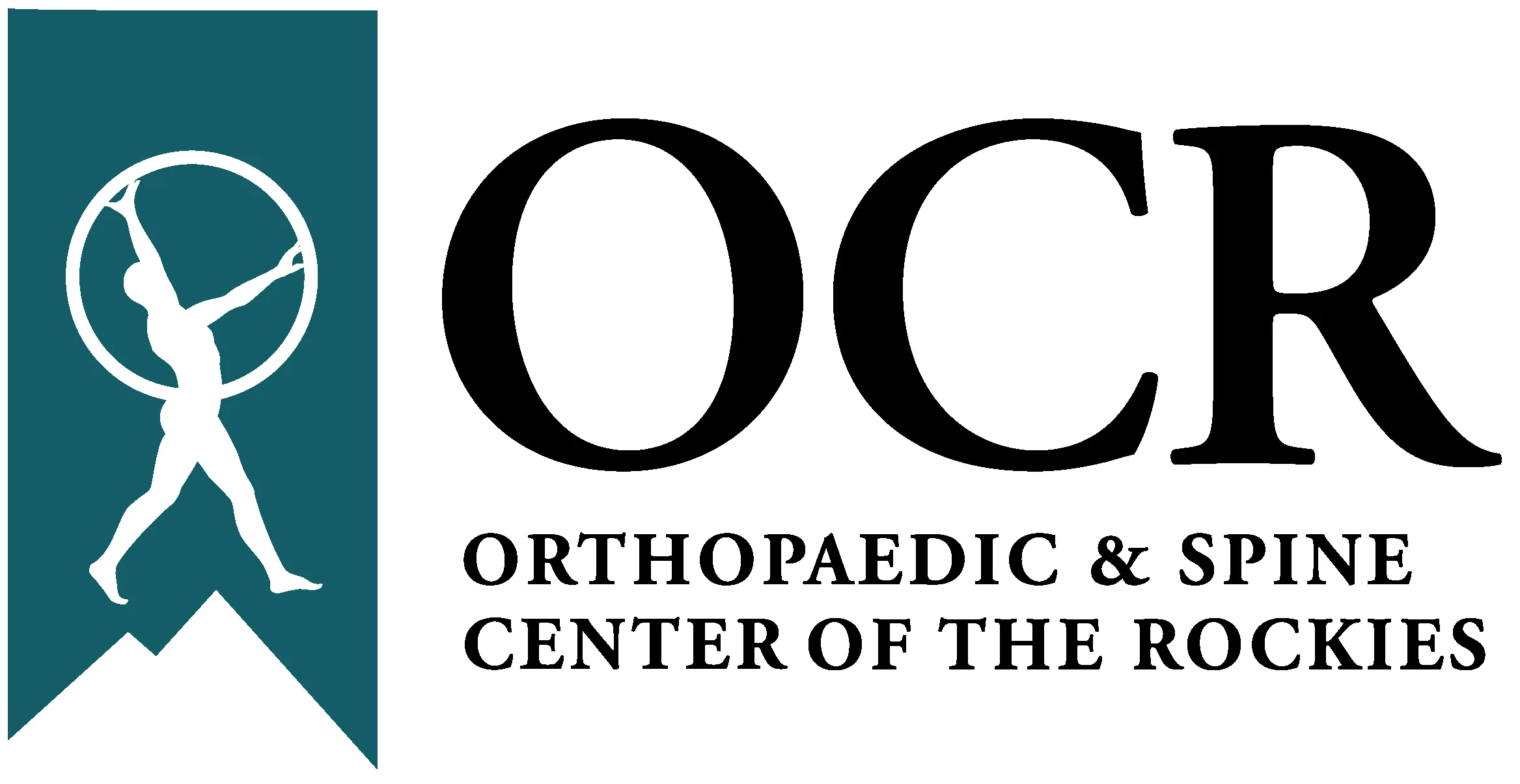Trauma & Fractures
It isn’t a surprise that broken and fractured limbs can occur frequently, with the hundreds of bones, joints, ligaments, tendons and muscles in the musculoskeletal network that provide our body with support, stability and movement.
It’s important for fracture care to be done correctly with appropriate evaluation and treatment.
Our orthopedic fracture specialists are on-call at Medical Center of the Rockies, Poudre Valley Hospital, and the Greeley and Harmony Emergency Centers to take care of patients who’ve been involved in all types of trauma situations.
What is A Fracture?
A bone fracture is the medical definition for a broken bone.
Fractures are usually caused by traumas like falls, car accidents or sports injuries. But some medical conditions and repetitive forces (like running) can increase your risk for experiencing certain types of fractures.
If you break a bone, you might need surgery to repair it. Some people only need a splint, cast, brace or sling for their bone to heal. How long it takes to recover fully depends on which of your bones are fractured, where the fracture is and what caused it.
Trauma
Our orthopaedic surgeons specializing in trauma and have the experience and expertise to assess and treat complex trauma injuries such as non-healing fractures, malaligned fractures, and pelvis fractures, as well as providing other tertiary trauma care.
When it comes to orthopaedic trauma care, our specialists are focused on providing the quickest, safest way to treat your injury while reducing the potential for long-term disabilities.
What are the Fracture Symptoms and Signs?
Symptoms of bone fractures include:
- Pain.
- Swelling.
- Tenderness.
- Inability to move a part of your body like you usually can.
- Bruising or discoloration.
- A deformity or bump that’s not usually on your body.
Fractures
Every bone in the human body is susceptible to a fracture. Strong and resilient, our bones can withstand most significant forces without injury. However, if the pressure applied to a bone is too strong or the bone is weak in health, a break or crack in the bone may occur. Simple or closed fractures include cases where a bone breaks but does not damage the tissue or skin surrounding the break. Higher energy injuries have a higher risk of complication and are considered complex fractures, which require specialized treatment.
Our specialists and physicians assistants treat fractures from all locations including clavicle/collar bone, ankle, foot, leg, arm, hand, finger, hip, back, shoulder and many others.
Symptoms of a broken bone or fracture include:
- Pain
- Swelling
- Bruising
- Discolored skin surrounding the affected area
- Angulation or the area may be bent at an obscure angle
- Inability to apply weight
- Inability to move the affected bone or body part
Learn More
Read more at the American Academy of Orthopaedic Surgeons patient information website.









